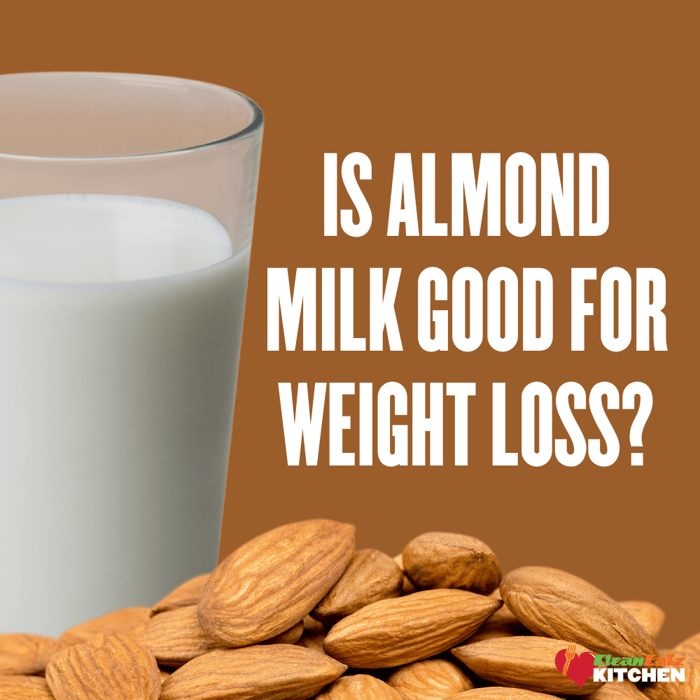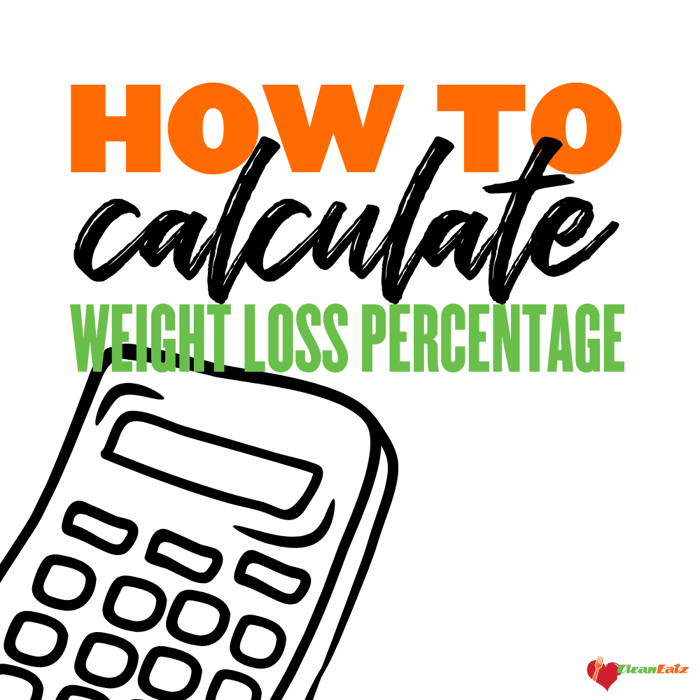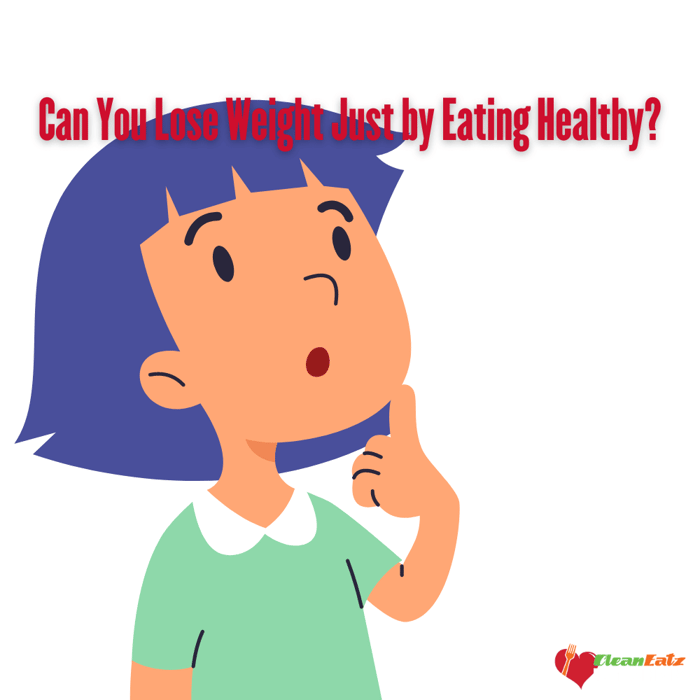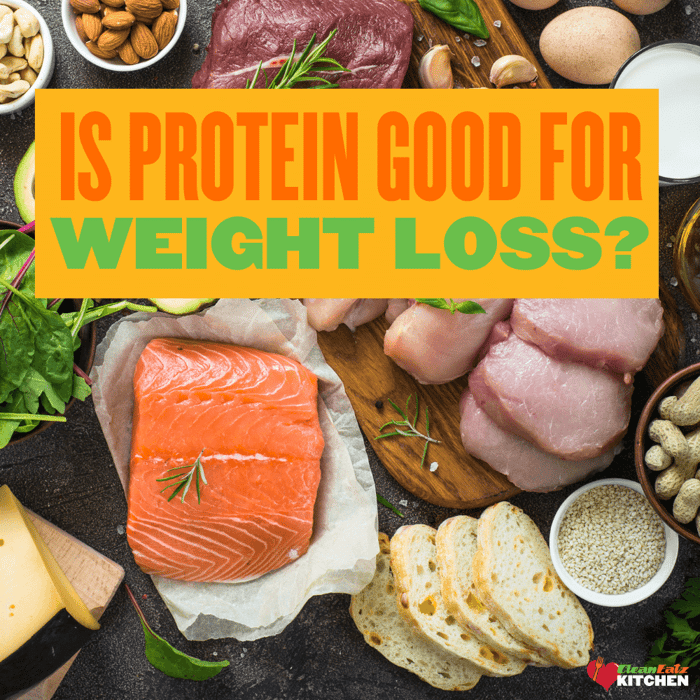Last updated: September 19, 2025
Is Almond Milk Good for Weight Loss?
Short answer: Unsweetened almond milk is a great low-calorie swap for higher-calorie milks and creamers (about 30–40 kcal per cup). It can help you cut liquid calories—but it’s not a protein source (~1 g per cup), so pair it with foods that deliver protein and fiber. Choose unsweetened/no-sugar-added varieties and watch “barista” blends (often higher in calories).
Benefits & Drawbacks at a Glance
- Pros: very low calories (unsweetened), lactose-free, dairy-free, usually calcium/vitamin-D fortified, versatile for coffee/cereal/smoothies.
- Cons: very low protein (≈1 g/cup); sweetened or flavored versions can add significant added sugar; some “barista” blends increase fats/calories.
Nutrition Comparison Per Cup (≈240 mL)
Typical values. Always check the label or use our Nutrition Label Converter.
| Beverage | Calories | Protein | Carbs | Fat | Notes |
|---|---|---|---|---|---|
| Almond (unsweetened) | ~30–40 | ~1 g | ~1–2 g | ~2.5–3 g | Often fortified Ca/D; very low protein |
| Almond (sweetened/flavored) | ~60–90+ | ~1 g | ~8–16 g | ~2.5–3 g | Added sugars; check “added sugar” line |
| Dairy, skim | ~80–90 | ~8–9 g | ~12 g | ~0 g | High protein compared with almond |
| Soy (unsweetened) | ~80 | ~7–8 g | ~4 g | ~4 g | Closest non-dairy protein to cow’s milk |
| Oat (unsweetened) | ~100–120 | ~2–3 g | ~15–19 g | ~2–5 g | Higher carbs; creamy mouthfeel |
| Coconut beverage | ~40–60 | <1 g | ~1–2 g | ~4–5 g | Low protein; varies widely by brand |
Which Almond Milk to Buy (Checklist)
- Unsweetened / “no sugar added” on the front.
- Added sugar line = 0 g per 1 cup serving.
- Calories ≈ 30–40 per cup (barista blends can be 70–120+).
- Calcium & vitamin D fortified (common in many brands).
- Short ingredient list; if sensitive, note gums/emulsifiers.
How to Use Almond Milk for Weight Loss
- Coffee/tea: Swap cream/syrups for unsweetened almond milk + cinnamon/vanilla extract. Keep lattes small.
- Cereal & oatmeal: Use ½–1 cup almond milk, then add protein: Greek yogurt, cottage cheese, or a scoop of Protein Powder.
- Smoothies: Base of 1 cup almond milk + 1 scoop protein + frozen fruit + greens; avoid added juices/syrups.
- Cooking/baking: Works in lightened sauces, chia pudding, and batters where you don’t need dairy protein.
Common Pitfalls (and Easy Fixes)
| Pitfall | Why it stalls progress | Fix |
|---|---|---|
| Sweetened/vanilla bottles | Hidden added sugar & calories | Pick unsweetened; sweeten yourself with cinnamon/vanilla or a few berries |
| Large flavored lattes | Liquid calories add up fast | Downsize; skip syrups; cap at 1 tsp sweetener or use spices |
| Assuming it’s “high protein” | Hunger later → more snacking | Pair with protein (Greek yogurt, eggs, or protein powder) |
| “Healthy” granola + big bowl | Granola is calorie-dense | Use 1–2 Tbsp as a topping; add fruit for volume |
| Barista blends daily | More fat → more calories | Save for occasional foam; use regular unsweetened day-to-day |
Special Cases: Keto, Diabetes, Kids, Allergies
- Keto/low-carb: Unsweetened almond milk (~1–2 g carbs/cup) fits well; avoid sweetened flavors.
- Diabetes: Low glycemic load if unsweetened; pair with protein/fiber and use a measured portion of fruit. See our smart swaps.
- Kids/teens: Not ideal as a primary milk due to very low protein. For growth, discuss suitable options with a pediatric clinician. Infants require breastmilk/formula (never plant milks).
- Nut allergy: Avoid; consider fortified soy (for protein) or oat if tolerated.
Quick Weight-Loss-Friendly Ideas
- Protein Smoothie (≈250–300 kcal): 1 cup unsweetened almond milk + 1 scoop Protein Powder + ½ frozen banana + handful spinach + ice.
- Overnight Oats (light): ½ cup oats + ½–¾ cup almond milk + cinnamon + ½ scoop protein. Or try our Overnight Oats.
- Chia Pudding: 1 cup almond milk + 3 Tbsp chia + vanilla + berries; portion into jars (~200–250 kcal depending on fruit).
Related Tools, Guides & Meals
- Calculators: Calorie Calculator • Protein Calculator • Meal Plan Generator
- Guides: Is Milk Good for Weight Loss? • Is Oatmeal Good for Weight Loss? • Best Fruits for Weight Loss • 29 Healthy Snacks
- Ready when you are: High-Protein Box • Protein Powder • Overnight Oats
FAQs
Is almond milk good for weight loss?
Yes—if you choose unsweetened. It’s low-calorie and helps cut liquid calories. Just remember it’s not a protein source; pair it with protein-rich foods.
Unsweetened vs sweetened—what’s the difference?
Unsweetened is typically 30–40 kcal/cup with 0 g added sugar. Sweetened/flavored versions can double calories and add 8–16 g sugar per cup—easy to over-drink.
What’s the best almond milk for coffee?
For everyday use, pick unsweetened regular almond milk. “Barista” blends foam better but often add fats/calories—treat them as an occasional upgrade.
Can I use almond milk on keto?
Unsweetened almond milk (~1–2 g carbs/cup) fits most keto/low-carb plans. Check the label and avoid sweetened flavors.
Is almond milk okay for people with diabetes?
Unsweetened versions have a low glycemic load. Pair with protein/fiber (e.g., Greek yogurt, chia) and keep portions measured.
Is almond milk suitable for kids?
It’s safe in recipes for most kids without nut allergy, but it’s not a nutritious replacement for milk due to low protein. Follow pediatric guidance; never use plant milks for infants.
Disclaimer: This article provides general information and isn’t medical advice. If you have medical conditions or allergies, consult your clinician.
References
- USDA FoodData Central — typical nutrition values for plant milks and dairy milk. Actual values vary by brand.




